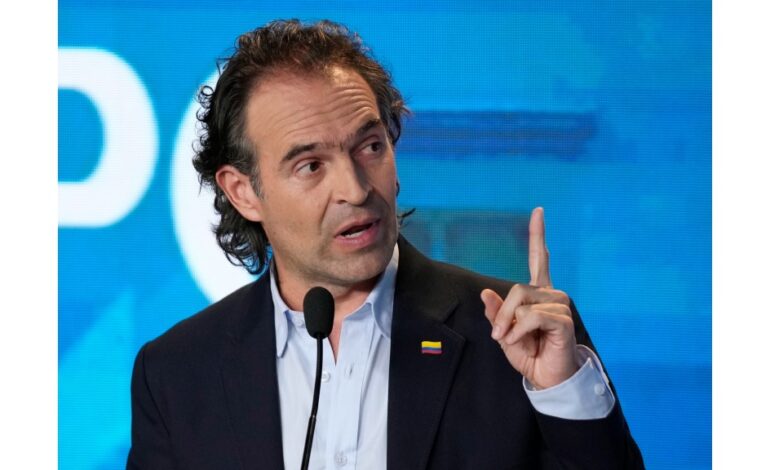Medellín Mayor bans prostitution in tourist neighbourhoods

The mayor of Colombia’s second-largest city banned prostitution in some of the city’s most famous neighbourhoods for six months Monday, arguing it was necessary to prevent the sexual exploitation of children.
Medellín’s Mayor Federico Gutiérrez said the ban will be enforced in Provenza and El Poblado, two neighbourhoods teeming with trendy bars and clubs and frequented by thousands of tourists.
The neighbourhoods have also become popular with sex workers who walk the streets in search of international clients. Gutiérrez said criminal networks are taking minors to these districts and forcing them into sex work.
“We have to recover the control of this area,” Gutiérrez said at a news conference. “It is also very important for us to protect the community.”
Sex work is legal in Colombia if it involves consenting adults. But local governments can ban this activity temporarily from parts of cities, if it is deemed a threat to public order.
The Medellín prostitution ban comes just days after an American man was found in a hotel room with two local girls aged 12 and 13, in a case widely covered by local media.
The 36-year-old was held in police custody for 12 hours, then released while officials investigated the case. Local media reported that he left Colombia and went to Florida.
During Monday’s news conference, Gutiérrez urged Colombian authorities to speed up the investigation.
“It is sad to see how many people believe they can come to Medellín and do whatever they want,” he said.
Sex work has grown in Medellín as the city of 3 million people becomes increasingly popular with tourists, who head to Medellín for its balmy weather, affordable prices and festive atmosphere.
While some tourists meet sex workers directly in the city’s streets, others are meeting them through dating apps and some of these encounters have turned violent.
In January, the State Department issued a security alert on the risks of using dating apps in Medellín, after eight Americans were killed there in the prior two months.
The alert said criminals were using dating apps to lure visitors to hotels, restaurants and bars where they were drugged, kidnapped or robbed.








